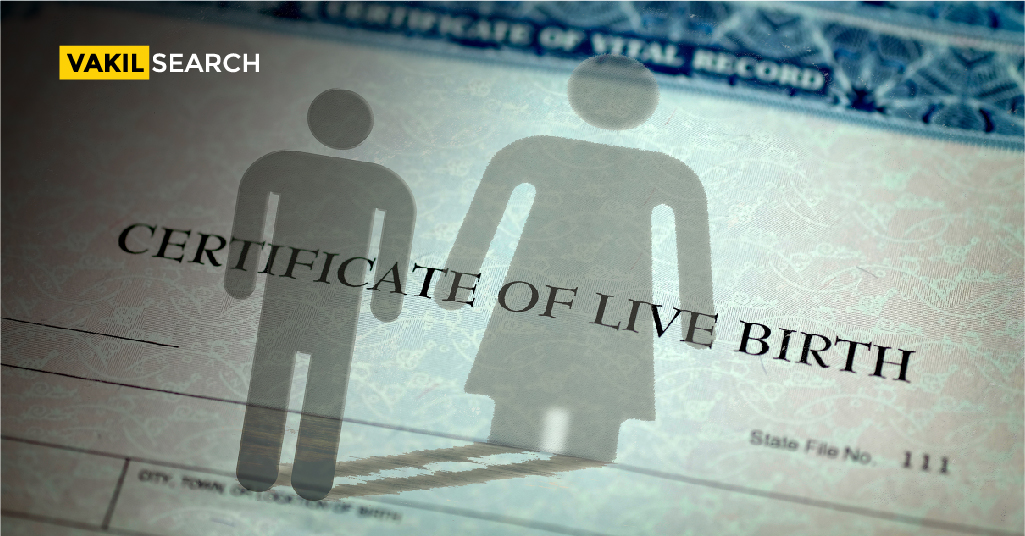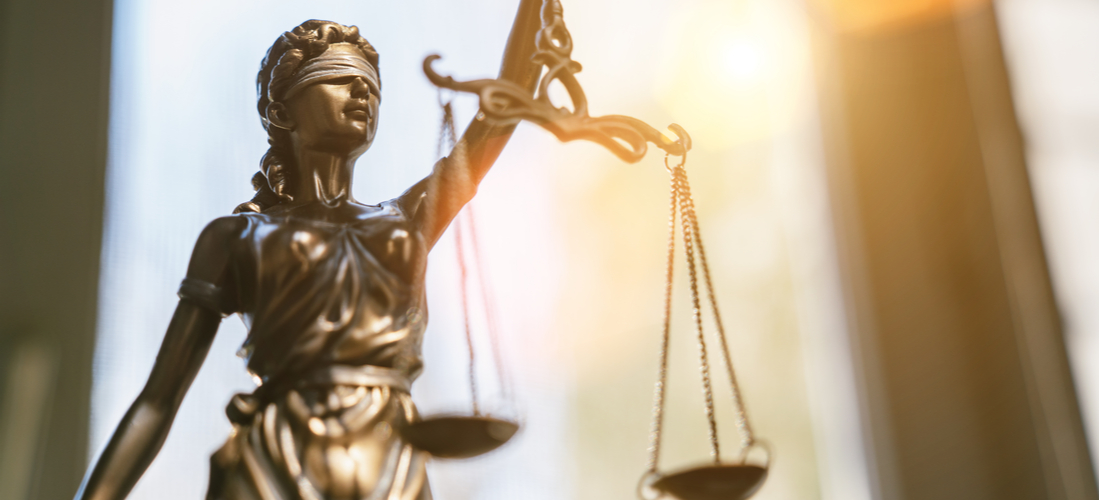Your Gender is an important part of your identity and in this article, you will read about how you can change the gender on your Birth Certificate.
It is important for individuals to have accurate personal identification documents, including their birth certificates. In India, the birth certificate is issued by the local Municipal Corporation or Gram Panchayat (village council) and is an official government document that serves as proof of identity and age. It is used for various purposes, including enrolling in school, obtaining a passport, and availing of government benefits.
The process of changing the gender on your birth certificate is an important step towards ensuring that your personal identification documents accurately reflect your true identity. It is a legal recognition of your right to self-determine your gender and have that identity recognized by the state.
While the process may be complex and require the assistance of legal professionals or human rights organizations, it is an important step towards ensuring that you are able to fully exercise your rights and protections under the law. Read on to know more!
How to Change Gender on a Birth Certificate?
If the gender on your birth certificate is incorrect, it can cause difficulties and challenges in your daily life. Here is a guide on how to change the gender on your Indian birth certificate:
Determine the correct procedure
The process for changing the gender on your birth certificate may vary depending on the state or territory in which you were born. You should contact the office of the Municipal Corporation or Gram Panchayat that issued your birth certificate to find out the specific requirements and procedures for making the change.
Gather supporting documents
You will need to provide documentation to support your request to change the gender on your birth certificate. This may include a letter from a medical practitioner attesting to your gender identity, as well as any other relevant documents such as a court order or a government identification document that reflects your correct gender.
Submit the application
Once you have collected all the required documents, you will need to submit an application to the Municipal Corporation or Gram Panchayat to request the change. You may need to fill out a form or provide a written request. Make sure to include all supporting documentation with your application.
Attend an interview
You may be required to attend an interview with a government official to discuss your request. During the interview, you will be asked to provide further information and answer any questions about your gender identity.
Wait for the Decision
After submitting your application and attending the interview, you will need to wait for a decision on your request. This process can take several weeks or months, depending on the jurisdiction.
Changing Gender On Birth Certificate for Transgenders
If you are a transgender person, the process for changing the gender on your birth certificate may be slightly different. In 2014, the Supreme Court of India recognized the rights of transgender people and directed the government to take steps to protect their rights and welfare. As a result, the government has introduced measures to make it easier for transgender people to obtain legal recognition of their gender identity.
For example, in some states, transgender people can obtain a self-declaration certificate that allows them to change their name and gender on official documents, including their birth certificates. To obtain a self-declaration certificate, you will need to provide a written declaration stating your gender identity, along with supporting documentation such as a letter from a medical practitioner.
It is important to note that while the process for changing the gender on your birth certificate may vary depending on your location, all individuals have the right to self-determine their gender identity and have that identity recognized by the government. If you encounter any difficulties or discrimination during the process of changing the gender on your birth certificate, you can seek the assistance of a legal professional or human rights organization for guidance and support.
There are also specific considerations for transgender people who wish to change the gender on their birth certificate but do not have the support of their family or community. In some cases, transgender people may be disowned or rejected by their families due to their gender identity, which can make it more challenging to obtain the necessary documents and support for the process. In such cases, it may be necessary to seek the assistance of a legal guardian or advocate to help navigate the process.
Conclusion
In conclusion, if the gender on your birth certificate is incorrect, it is important to take steps to correct it in order to ensure that your personal identification documents reflect your true identity. The process for changing the gender on your birth certificate may vary depending on your location but generally involves submitting an application and providing supporting documentation, as well as possibly attending an interview.
If you are a transgender person, you may be able to obtain a self-declaration certificate in order to change your gender on official documents. It is important to remember that all individuals have the right to self-determine their gender identity and have.
It is important to note that changing the gender on your birth certificate is not just a matter of personal preference or identity expression. It is a legal recognition of your true gender identity, which can have significant implications for your rights and protections under the law. In India, the Supreme Court has recognised that individuals have the right to self-determine their gender identity and have that identity recognised by the state.
Did you know?
Under the RBD Act of 1969, Registration of Birth was made compulsory in India.
Read more,










